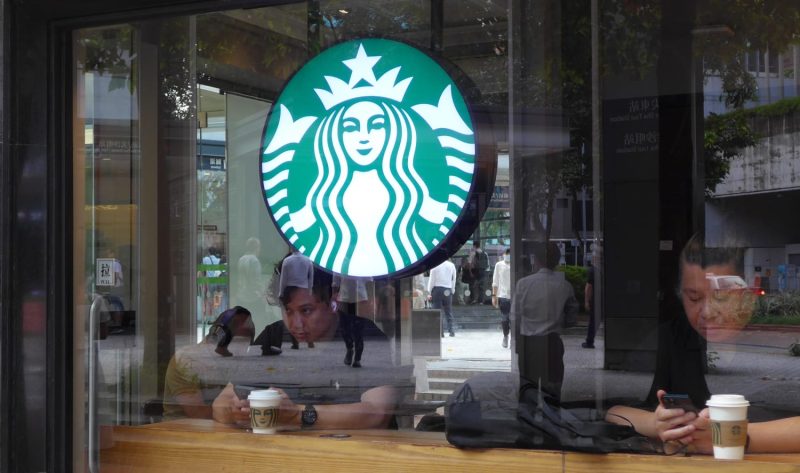As Starbucks grapples with evolving consumer demands and rising competition, incoming CEO Kevin Johnson faces a significant challenge – its mobile app. Starbucks’ mobile app, a pioneer in the realm of food and beverage mobile ordering, has played a pivotal role in propelling the company’s sales and customer loyalty. However, recently, it has presented a host of issues that Johnson must address to maintain the coffee giant’s industry leadership.
The foundation of the Starbucks’ app problem lies in its remarkable success. An increasing number of customers use the app to place orders remotely and pick up their beverages and food without waiting in line. This model aims to provide convenience, speed, and efficiency. However, the surge in mobile orders has led to overcrowded counters and confusion amongst baristas, resulting in longer wait times for customers who order in-store.
The order and pay feature of the Starbucks mobile app came as a response to the consumer trend demanding more streamlined and efficient processes. However, the influx of mobile orders has reportedly caused congestion at handoff areas, effectively defeating its purpose. In extreme cases, in-store customers have left without placing an order due to overcrowded lines caused by a slew of mobile pickups.
Another issue with the app is that it faces increasing competition. Many of Starbucks’ rivals have developed or are developing similar order-ahead capabilities. McDonald’s and Dunkin’ Donuts, for example, have both launched their mobile order and pay features. This means that Starbucks’ technological edge, a unique selling proposition not too long ago, is slowly being eroded.
Moreover, the app’s user interface and experience have come under criticism. Some customers find it difficult to navigate, noting that it is not as intuitive as other popular mobile apps. Additionally, concerns about the security and privacy of user information have also been raised. The app handles a great deal of sensitive data, including credit card information, and even minor glitches could lead to serious breaches.
From a business perspective, Starbucks holds a treasure trove of customer data collected from its mobile app orders. However, the effectiveness of how the company leverages this data for personalized marketing and customer engagement appears to be a missed opportunity.
Addressing these challenges is no small feat. Transparency in the order.wait times, streamlining the in-store pickup process, and innovating the mobile ordering experience would be key initiatives for the incoming CEO. Addressing user interface concerns and ensuring robust cybersecurity measures to safeguard against data breaches are also of paramount importance.
Additionally, enhancing data analytics capabilities can propel personalized marketing to a new level by delivering tailored recommendations and offers to app users based on their behavior and purchase history. Starbucks can also leverage technology to provide a more immersive digital experience, perhaps by integrating augmented reality or leveraging machine learning for enhanced personalization.
To conclude, while Starbucks’ mobile app was once a significant differentiator for the company, recent issues have provided some hurdles to its continued success. Incoming CEO Kevin Johnson has his work cut out for him, but with a focused strategy and commitment to innovation, he can revitalize the app and ensure Starbucks retains its position at the forefront of the coffee industry.




